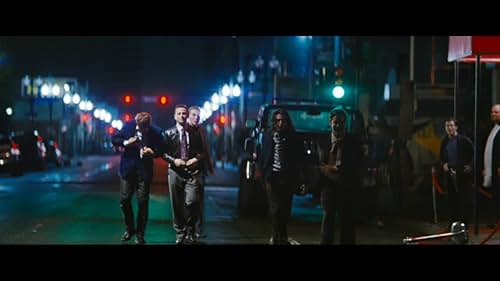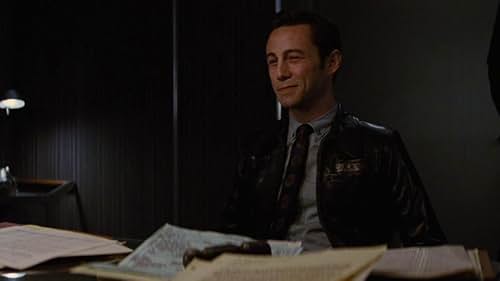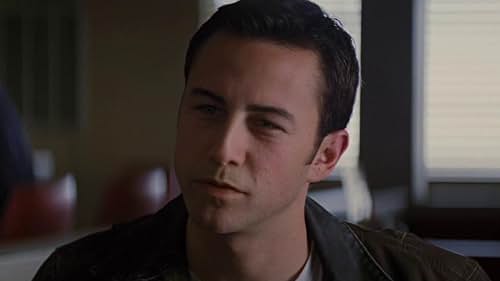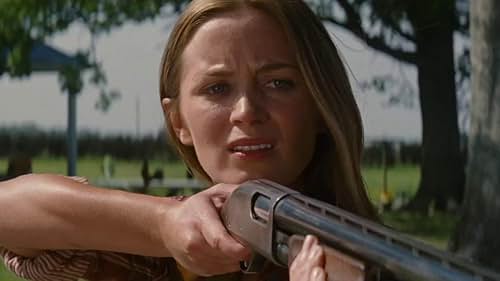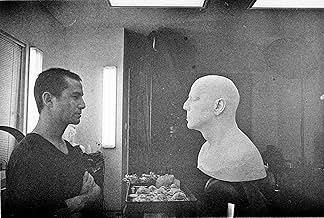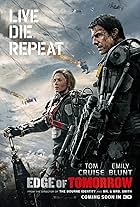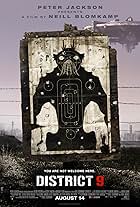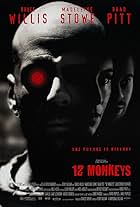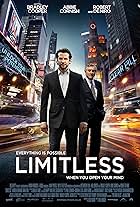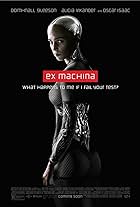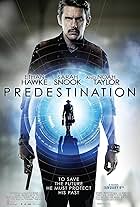"This time travel crap just fries your brain like an egg." (Abe)
Not since Children of Men (2006) and Source Code (2011) have I been as jazzed up as I am now about Rian Johnson's Looper. Here's sci-fi that will happily fry your brain as you figure out the implications of changing the future by altering the present. Also throw in thoughts about Christopher Nolan's Memento and Inception to get the flavor of Looper.
But as Sinatra sings, "Regrets I've had a few, but then too few to really mention," this film challenges you to think of the implications of reversing those regrets or keeping the future the same because you kind of like the way things went.
Joseph Gordon Levitt's Joe is a "looper," an assassin who goes into the past to murder someone needed to be absent in the future, 2072. The Mob, headed by a very relaxed and dangerous Jeff Daniels as Abe, determines to eliminate all loopers, and Joe is next on the list to kill himself by flashing back. Yes, it's existentially a difficult task, and therein lies the drama of this satisfying sci-fi.
With less CGI and few glitzy machines (in fact most of the vehicles look shabby 2012 and the loopers' weapon is a sawed-off Steampunk shot gun—how's that for past and future?), this thriller relies to an effective degree on the excellent cast to relay the challenges inherent in altering any past.
Because it's an intelligent tale, the overall theme of responsibility for our actions (the existential part) flows quietly from the action, be it as simple as running from the bad guys to the complexity of deciding on the sacrifices willing to be made to alter the future.
A leitmotiv of this film is that no one is immune from the effects of the past, Sinatra notwithstanding in his apparent satisfaction with how things turned out. For Looper, cult status is its future.


